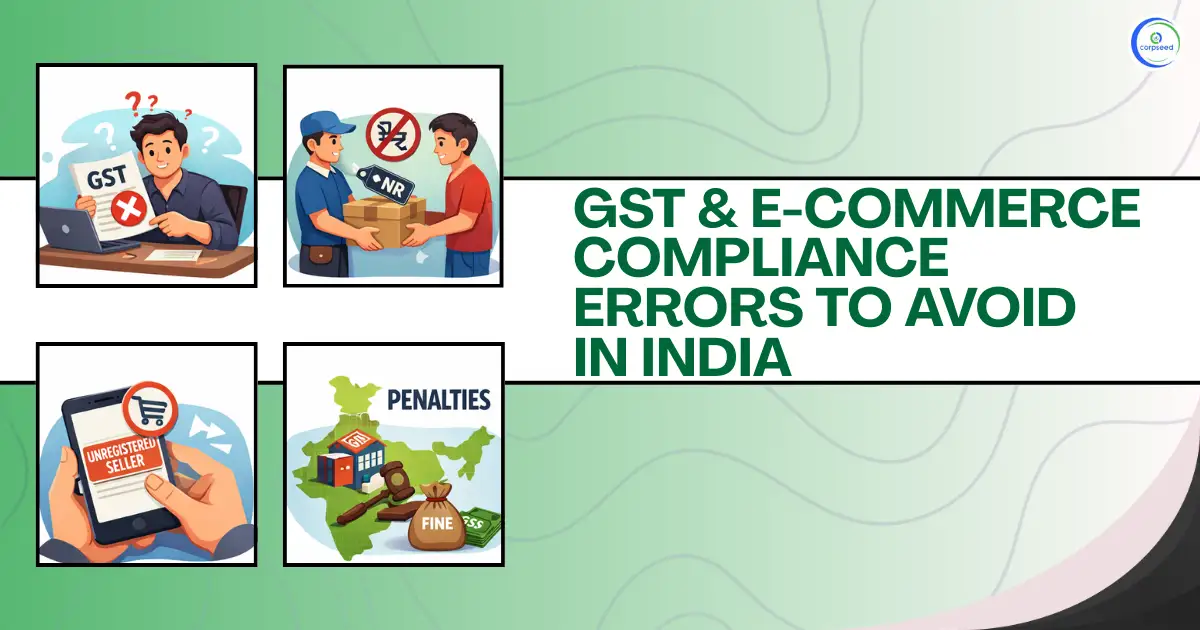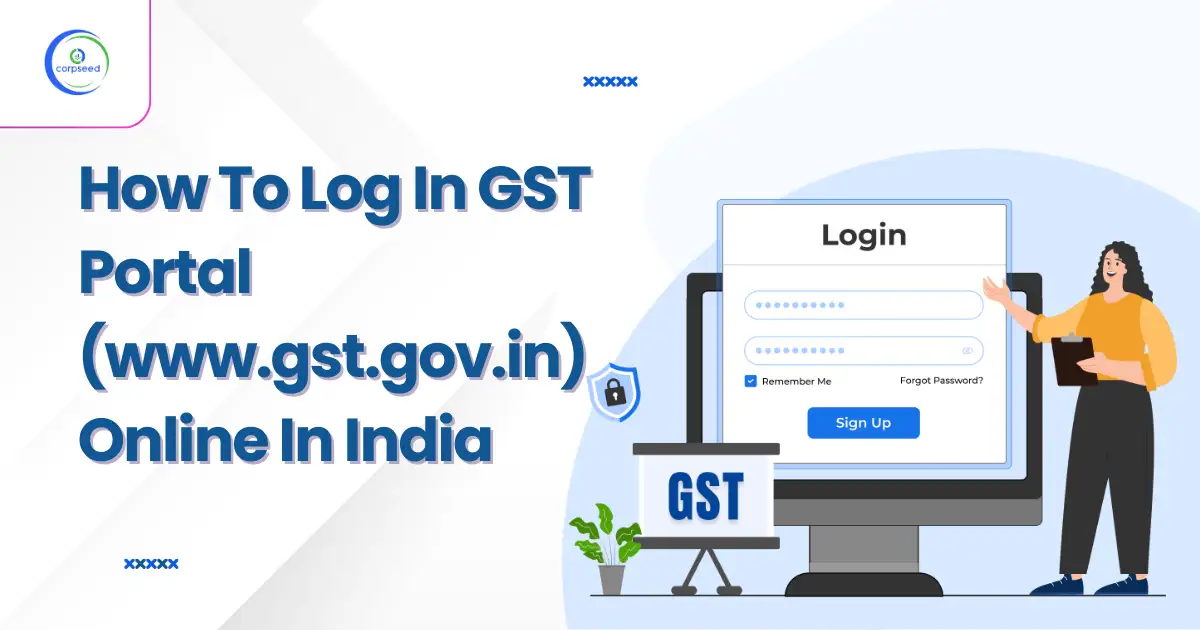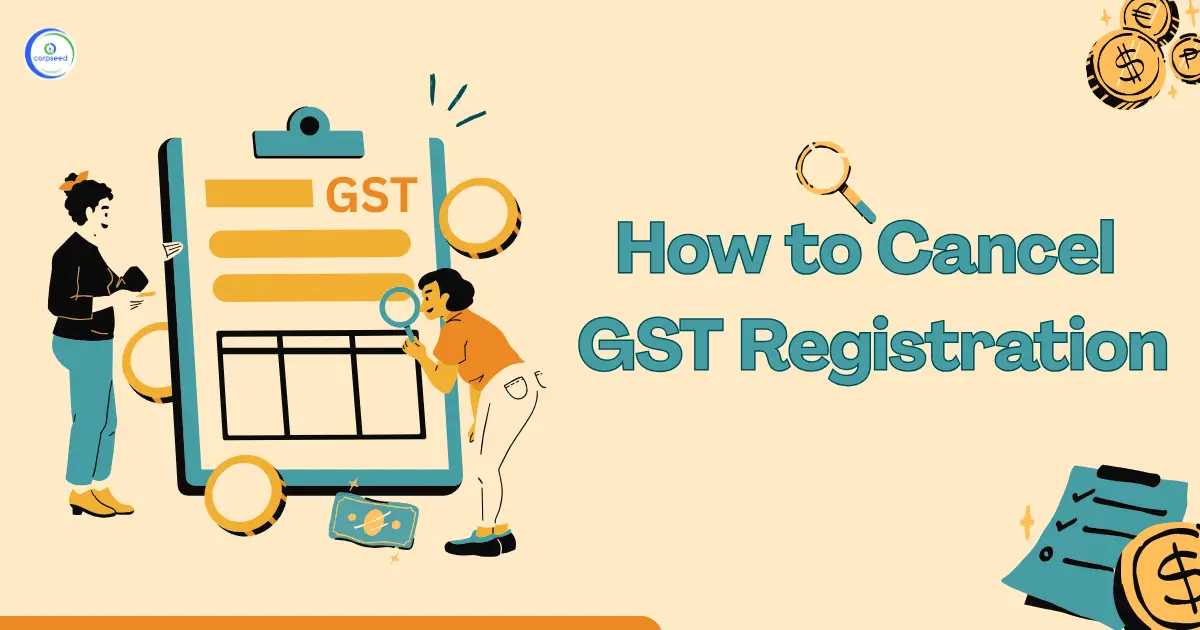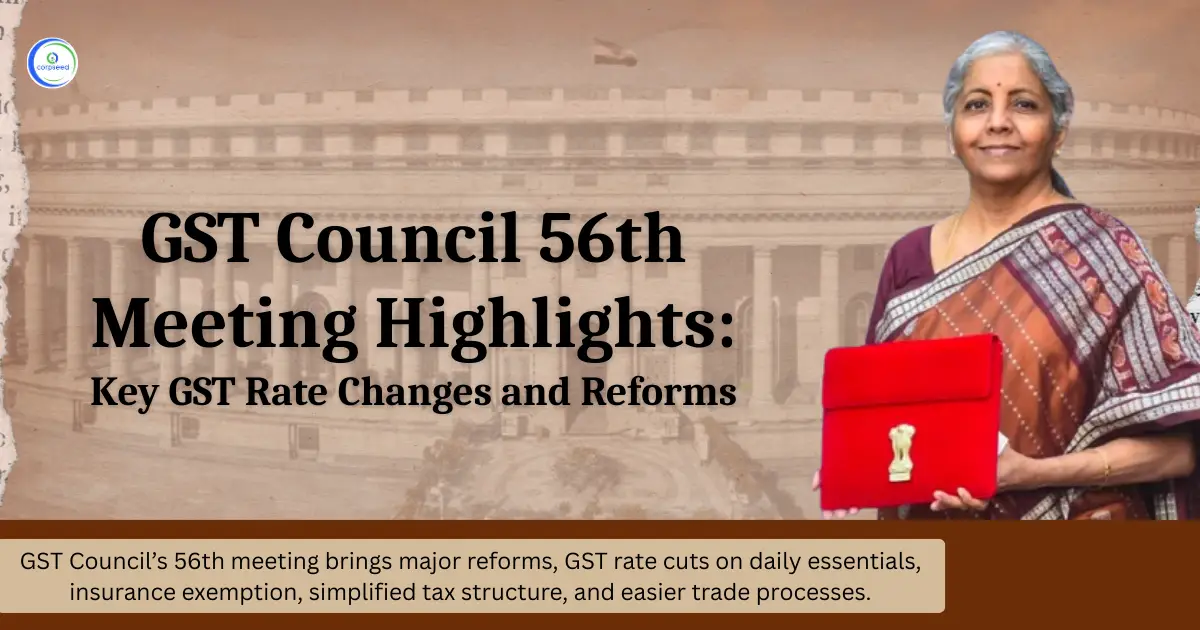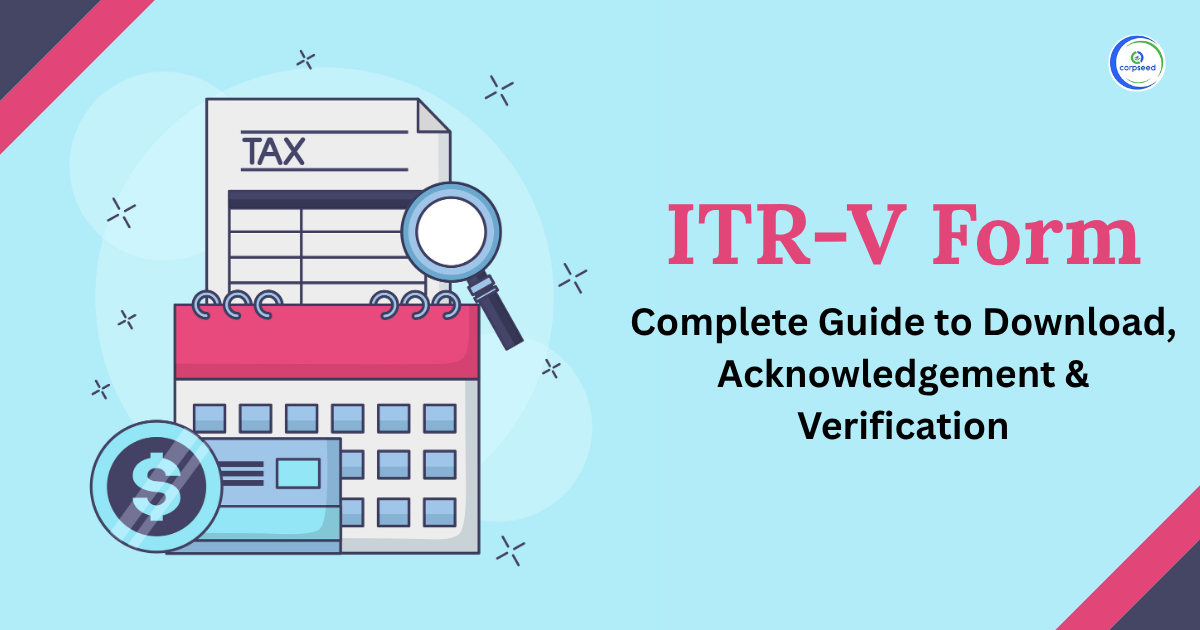Known as the backbone of today’s taxation regime of the country, GST was launched by the Indian government on the 1st of July 2017. Often referred to as Goods and Services Tax, it has simplified the tax system and taken the place of many earlier applicable indirect taxes including service tax, central excise duty, and VAT (value-added tax). The GST council, chaired by the Union finance minister, is the governing authority that oversees the implementation process of GST in India.
Table of Contents
--------------Blog Contact Form-------------
Being an elaborate, multi-stage, destination-based tax, GST is levied at every point of value addition. If we go by the GST rules that are currently in place, businesses located in stages of the normal category with an annual turnover of more than Rs. 40 lakhs are required to get registered for GST, or we should say, obtain a GST certificate. Whereas, this figure stands at Rs. 20 lakhs for the businesses that are operating in the states of special categories, such as north-eastern ones. Reading this article will help you understand how to get a GST certificate. So, let’s start.
GST Certificate
The process under which a taxpayer gets himself registered for the Goods and Service Tax (GST) certificate is referred to as GST Registration. Upon the completion of the GST registration by the taxpayers, they receive a 15-digit Goods and Service Tax Identification Number (GSTIN). This GSTIN is allotted by the Central government to determine whether a business is or isn't required to pay GST.
Types of Registration Under GST
There are four types of GST registration under the GST act. Understanding each of them can help people make the decision best suited to the nature of their business and the scope of operations. Let’s take a look at them.
- Normal Taxpayer
The majority of the businesses run by taxpayers in India come under the category of “Normal Taxpayer.” They are not required to provide any mandatory deposit for filing GST registration.
- Casual Taxable Person
People who intend to do seasonal or occasional business activities are required to register for GST under the category of “Casual Taxable Person.” They are obliged to provide an advanced sum equal to the expected GST liability from their occasional business.
The period for which such GST registration stands to be valid is three months. However, businesses are allowed to apply for renewal and extensions.
- Composition Taxpayer
Businesses that seek to get enrolled in the GST composition scheme are liable to file for GST registration under the category of “Composition Taxpayer.” The benefit of this is they face comparatively lesser hassles that are usually involved with GST registration and be obliged to deposit a yearly fixed sum irrespective of their actual earnings.
The point to be noted here is only businesses with an annual turnover of up to Rs. 1.5 crore are qualified for GST registration under this category and they can’t obtain the input tax credit.
- Non-Resident Taxable Person
People who reside outside the territory of India, but are involved in the business of occasionally supplying goods or services to the country’s residents are required to file for GST registration under this category. Just like in the case of a Casual Taxable Person, they are also obliged to deposit a sum equivalent to the expected GST liability during the duration of active GST registration.
Their GST registration also remains valid for three months but they can apply for its renewal or extension.
Eligibility Criterion for the GST Registration
The following is the list of entities that must get registered under GST:-
- Businesses that were registered under the earlier applicable tax laws must get registered for GST as well.
- Businesses whose annual turnover crosses the threshold of Rs. 40 lakhs (Rs. 20 lakhs for the businesses operating in the states of special category).
- Businesses indulged in selling goods through an e-commerce aggregator.
- Every e-commerce marketplace aggregator portal.
- Businesses that are obliged to pay taxes under the GST Reverse Charge mechanism.
- People who fall under the categories of Casual Taxable and Non-Resident Taxable person.
Documents Need To Apply For GST Certificate
- Aadhar Card and PAN Card of the person in charge of the business
- Information of Bank Account, including statements.
- Address proof of the business
- Digital Signature
- Photograph in JPEG format with a maximum size of up to 100 KB
- Incorporation Certificate granted by the Ministry of Corporate Affairs
- Articles of Association/Memorandum of Association
- Proof of appointment of authorized signatory
- If the structure of the business is LLP (Limited Liability Partnership), then the registration certificate/LLP Board resolution
Steps to Register for GST Certificate
Step -A:-
- Go to the GST portal and select the Register Now option under the Services tab.
- From the ‘I am a’ drop-down menu, select the Taxpayer option.
- Click on your state and district.
- Enter your business name and then PAN.
- Fill in the E-mail ID and then the contact number in the given spaces.
- After verifying the contact number and E-mail ID, select Proceed.
- Note down the Temporary Reference Number (TRN).
Step -B:-
- Select the Register option under the Services tab.
- Click on Temporary Reference Number (TRN) and then enter the TRN number that you’ve noted down in Step -1.
- Fill in the captcha details and then hit Proceed.
- Enter the OTP you get on your email id and the registered contact number and then hit the Proceed button.
- Choose the Edit icon option and then fill in the required information, such as bank account number, bank name, IFSC code, etc.
- Upload the asked documents including photographs, proof of your business address, authorization form, etc.
Step - C:-
- Go to the Verification page and check to mark the declaration box. After that, submit the registration application using EVC, DSC, or e-signed method.
- Once completed, an ARN (Application Reference Number) will be sent to the registered email id and the contact number to confirm the registration.
You can use the application reference number (ARN) to check the status of your online GST registration.
Steps to Download the GST Certificate
You can follow the below-mentioned steps to download the GST certificate:-
- First, go to the GST portal
- Click on the Login button and then enter your username and password.
- Go to the Services and then select the User Services option.
- Select the View/Download Certificates option.
- Click on the Download button.
Conclusion
Want a GST certification but don't want to go through all the hassles involved with GST registration? Well, not to worry as you can leave everything on Corpseed, which is India's leading business consultancy and services provider. At Corpseed, you can get all the help associated with GST registration and certificate from experts, that too at the best price.
This portion of the site is for informational purposes only. The content is not legal advice. The statements and opinions are the expression of author, not corpseed, and have not been evaluated by corpseed for accuracy, completeness, or changes in the law.
BOOK A FREE CONSULTATION
Get help from an experienced legal adviser. Schedule your consultation at a time that works for you and it's absolutely FREE.


